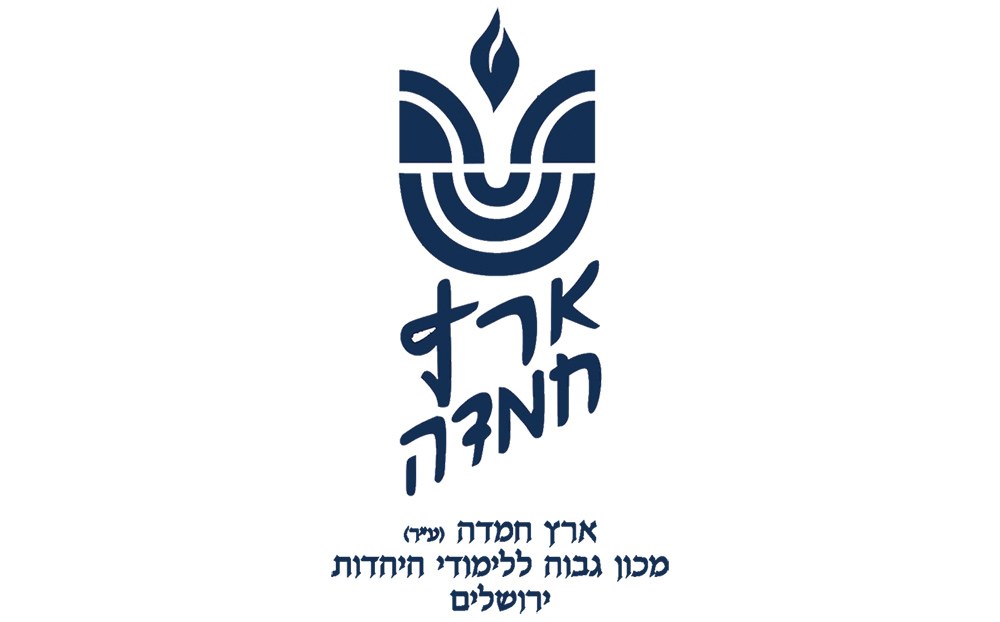לעילוי נשמת
יואל אפרים בן אברהם עוזיאל זלצמן ז”ל
Question: A friend—who made sheva brachot for me—is getting married a couple of days before Shiva Asar B’Tammuz. When I offer to make sheva brachot, should I try to arrange it before the Three Weeks? If it is during the Three Weeks, are there any limitations?
Answer: The Rama applies some of the Nine Days’ restrictions to the Three Weeks. The Mishna Berura (Orach Chayim 551:18) rules that an engagement party during the Three Weeks can include a seuda, but he forbids dancing at it (ibid. 16).
The chatan/kallah’s week of festivity is important enough to compromise significant halachot (see Ketubot 4a and Sukka 25b). Whereas the greatest obligation to create simcha is the chatan’s toward the kallah (see Shulchan Aruch, Even Ha’ezer 64:1), participants in the festive meals (sheva brachot) fulfill a mitzvah (see Mishna Halachot VI:109). All poskim agree that when the wedding was done at a permitted time, the subsequent sheva brachot period is fulfilled, essentially, normally. While there is likely not a need to do sheva brachot each day (see our article from Ki Tisa 5782), we do not avoid doing them during the Three Weeks. Therefore, you should not try to pass on this mitzvah to someone else.
The only plausible limitations on food are on meat and wine. Obviously, this does not apply before the Nine Days (see Shulchan Aruch and Rama ibid. 9). Even during the Nine Days, it is permitted at a seudat mitzvah (see Rama ibid. 10).
The question that is debated is whether at the sheva brachot, there should/can be music and/or dancing, which is forbidden during the Three Weeks. Does the seudat mitzvah justify it more than it does at an engagement party (see our article, Matot 5779)? At a wedding, music and dancing are fundamental enough to the simcha to enable halachic leniencies (see Rama, Orach Chayim 338:2; ibid. 560:3). Musical instruments and dancing are far less important at sheva brachot, as finds expression in the scarcity throughout the year (beyond simple singing and “shuffle dancing”).
Mishneh Halachot (ibid.) reasons that considering the halachic clout of sheva brachot (see precedents above), the aveilut practices of the Three Weeks regarding music and dancing should not curtail the simcha. Poskim cite Rav Moshe Feinstein along the same lines (see Nitei Gavriel, Nisuin 108:2; Hanisuim Kehilchata 15:11). On the other hand, some forbid musical instruments and dancing (see cryptic passage in Shevet Halevi III:157). Some allow dancing but not musical instruments (see Avnei Yashfei I:113, apparently in the name of Rav Elyashiv).
It is likely that the machloket is not about how seriously to take the simcha of the sheva brachot celebration. Rather, another question is whether to view abstention from music and dancing in the Three Weeks as a full halacha or a weaker minhag (see Mishneh Halachot ibid.). If so, one might distinguish between live and recorded music, the latter being seen as a weak minhag or maybe even permitted, at least, for a cappella. Another point of disagreement may be on how important music/dance is at sheva brachot. If most sheva brachot organizers give little thought to music/dance, it seems callous to our national mourning to go full force during the Three Weeks.
The night of Shiva Asar B’Tammuz is tricky. There are indications that it is more lenient than the rest of the Three Weeks, as minhagei aveilut might begin only with the actual fast in the morning itself (Igrot Moshe Orach Chayim I:168 allows a wedding that night in a case of need). However, there are also indications that a fast day—even at night—is more stringent than the Three Weeks (see Avnei Yashfei ibid.). In the final analysis, one can treat it like the rest of the Three Weeks.
In summary, if music and/or dancing enhances the chatan’s and/or kallah’s simcha, it should not be avoided at sheva brachot during the Three Weeks. If it is not of interest, it is best to avoid any more than singing and shuffling. If the couple will have some “musical sheva brachot” and some not, it is best for the former to be before the Three Weeks.
This column is written by Rabbi Daniel Mann on behalf of the Eretz Hemdah Institute in Jerusalem, which trains dayanim and has many projects on behalf of klal Yisrael, including its “Ask the Rabbi” service in conjunction with the OU. Rabbi Mann is a dayan at Eretz Hemdah, a senior member of the “Ask the Rabbi” project, and author of its “Living the Halachic Process” series. He is also a Ram at Yeshiva University’s Gruss Kollel in Israel.









